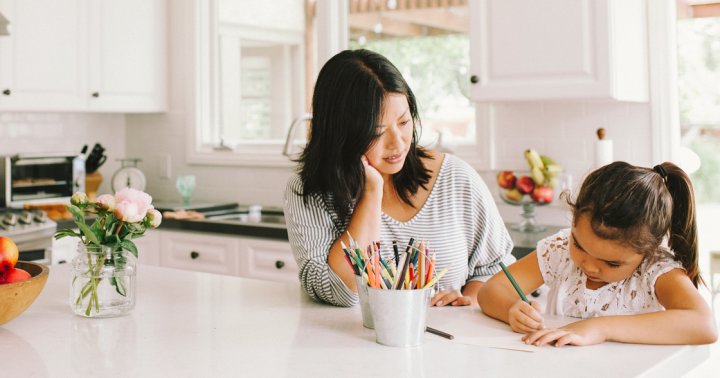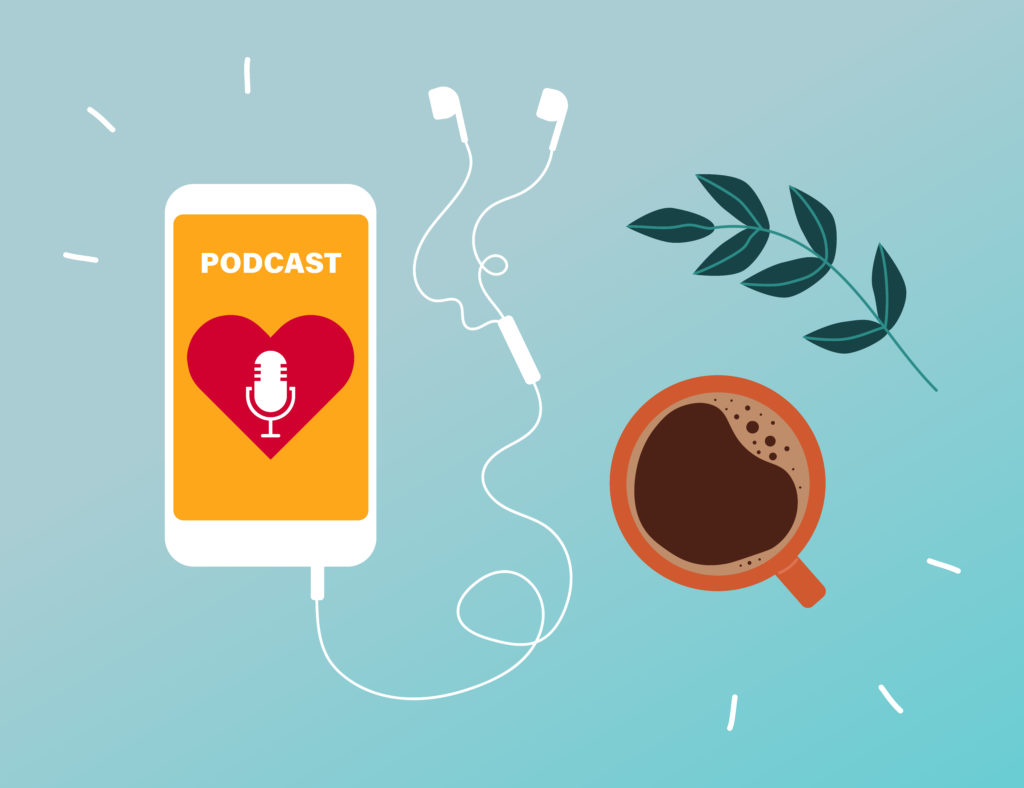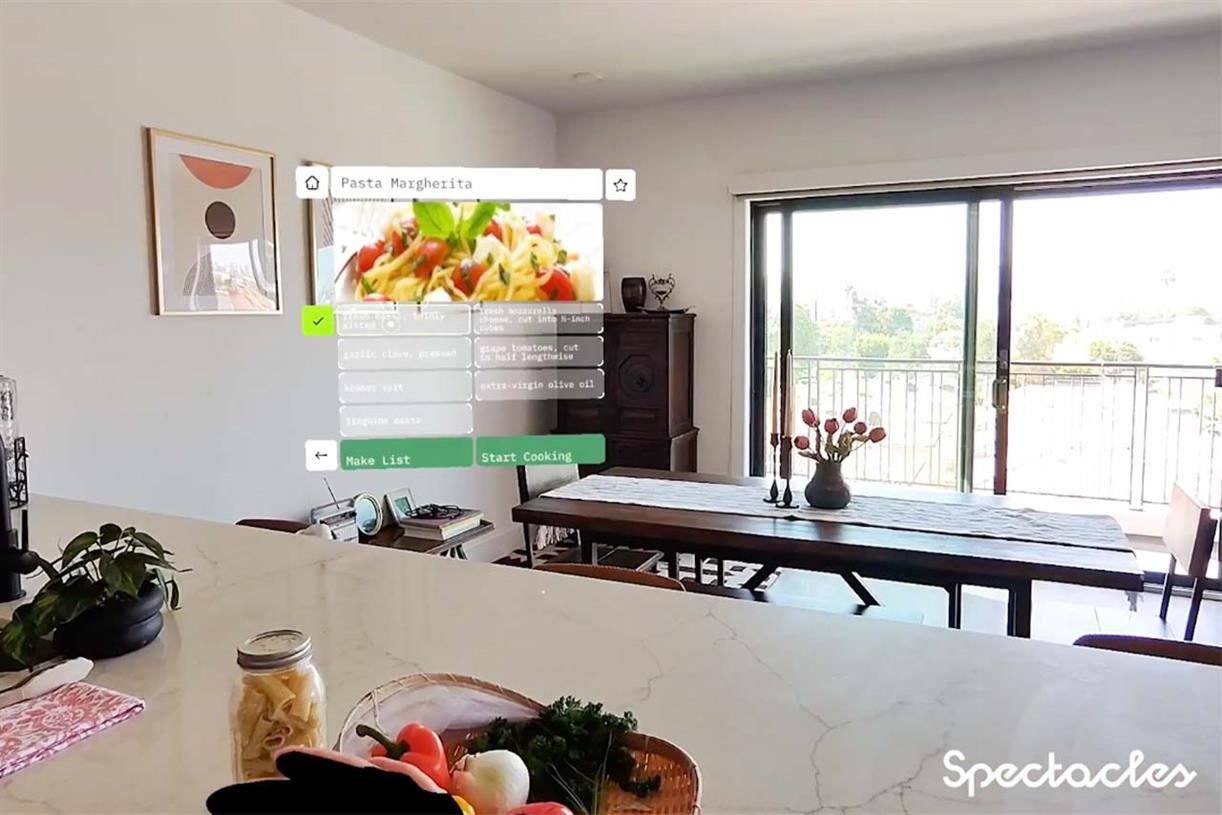Permission to Let Go
One of the benefits of being a Disney+ subscriber is that I often watch (and re-watch) animated favorites with my kids. Recently my husband selected the movie Up, not realizing the first ten minutes are pretty heavy for our...


One of the benefits of being a Disney+ subscriber is that I often watch (and re-watch) animated favorites with my kids. Recently my husband selected the movie Up, not realizing the first ten minutes are pretty heavy for our young boys.
For those of you who aren’t familiar, the movie opens with the life story of Carl Fredricksen who meets his adventure-loving match, Ellie, at a young age. Ellie shares that she wants to live at the top of Paradise Falls in South America and young Carl promises to take her someday.
The two grow up, fall in love, get married, and build their dream home. They get pregnant, miscarry, and focus on their new dream – to go to Paradise Falls. Many years later, they are deeply in love but the dream has been nearly forgotten. Carl makes the travel arrangements but it is too late. Ellie passes away before she can realize her dream.
(Yes, this all happens within the first ten minutes if you can believe it. Make sure you have tissues close by!)
When I originally watched the movie more than a decade ago, I had never heard of minimalism and my own journey toward a simpler, more intentional life was still a few years away. But the movie actually has a lot to teach us about holding onto the memories of those we love, letting go of burdens we were never meant to carry, and lightening our loads to live a more intentional life. Here are three takeaways I had from re-watching the movie this time around.
The Burdens We Carry
After Ellie’s passing, life is pretty status quo for Carl, until a boy named Russell, a “Wilderness Explorer” scout comes to his door. Through a series of events, Carl decides to make the house he and Ellie shared for so many years into an airship with the help of hundreds of helium balloons. He vows to keep his promise to finally bring Ellie to Paradise Falls, not knowing that Russell is along for the adventure.
Even though the house is being held up in the sky by so many balloons, the journey is not easy for Carl. He is literally carrying the house with him through every kind of terrain, not to mention numerous challenges along the way. Why is he carrying this enormous house such a long distance? Because to him, it represents his wife Ellie, her wishes, and her dreams. Everything in the house – every photo, piece of furniture, and especially her adventure book from childhood – is a memory, a piece of his deceased wife that he’s unwilling to surrender.
How many times in our lives have we carried an unimaginable burden of physical stuff because we were afraid of “doing wrong” by the person and the memories that thing represented? Where is the line between holding onto things that remind us of the person and letting go of the grief and the pain that may come with those memories? What is our greater fear – that the absence of the physical item will dull our memory of that person, time, or place – or that letting go of the item will go against the wishes of the person? What are we unwilling to surrender, no matter what the cost may be?
Who Must Give us Permission to Let Go?
Carl and Russell finally arrive at Paradise Springs, and Carl is set on fulfilling his promise to Ellie. But it has come at a great cost – not only is Carl physically exhausted from the journey, but the promise he made to Ellie in the past is preventing him from fulfilling a promise he made to Russell in the present. They have encountered a mother bird who desperately wants to return to her babies, but is being hunted down. Carl promises Russell that he won’t leave the bird, but when he must make a choice between his beloved house and saving the bird, he chooses the house and the bird is captured.
Have you ever clung so tightly to something from the past that it prevented you from fully living in the present? Is it affecting your relationships with the people you love, the people who need your whole self now? If you had to make a choice today, would you choose to hold onto the past or move forward in the present?
Finally at his destination, Carl enters the house. He puts the furniture back in place, sits down in his favorite chair, and looks at Ellie’s childhood adventure book. When he gets to the page that says “Stuff I’m Going to Do”, Carl sighs. If we could read his mind, he is probably thinking: I’ve let Ellie down. She never got to go on all the adventures that she wanted. So when he turns the page and sees photo after photo of the two of them in the everyday, mundane moments of life, he is shocked.
On the last page, Ellie has written the simple words that change everything: “Thanks for the adventure – now go have a new one!”
Carl has carried the burden of the past, the burden of the guilt in feeling that he never gave his wife what she deserved, for so long. And in an instant, the burden is gone. Ellie didn’t need a special adventure to a far-off place. Her life, her everyday life with the man she loved, was the adventure. She has given Carl permission to let go.
“It’s Just a House”
Carl calls for Russell just as he sees Russell floating away with some of the balloons. Carl tries to move the house and it won’t budge. So he starts throwing all the furniture out of the house – piece by piece by piece. The stuff that he thought he could never part with is suddenly the stuff that is preventing him from living the life he wants now. And as he releases everything that has been holding him down for his arduous journey, the house – and Carl – begin to float.
Carl saves the day and his friends. But this time the casualty is the house, drifting away in the clouds to an unknown destination.
“Sorry about your house, Mr. Fredricksen,” says Russell.
“You know,” Carl replies, “It’s just a house.”
Take a moment to look around. Everything that surrounds you – the stuff fraught with memories, the stuff you don’t care about, the stuff that you feel that you can’t surrender no matter what – in the end, it’s just stuff. If it is preventing you from living your life to the fullest, from being present with the people you love, from feeling light enough that you can move through this world without the burdens of guilt or fear – please take this as your permission to let go.
No one in your life who truly cares for you – dead or alive – wants you to be burdened by stuff. Even if they gave it to you. Even if you think their essence is somehow embedded in that object, that letting it go is letting go of a piece of them. If that thing is a burden rather than a blessing, they want you to live lighter. They want you to go have your own adventure.
So go have one.
About the Author: Emily McDermott is a wife, mother, and simplicity seeker, chronicling her journey at Simple by Emmy. She loves to dance, write poetry, and spend time with her husband and two young sons.

 UsenB
UsenB 
































